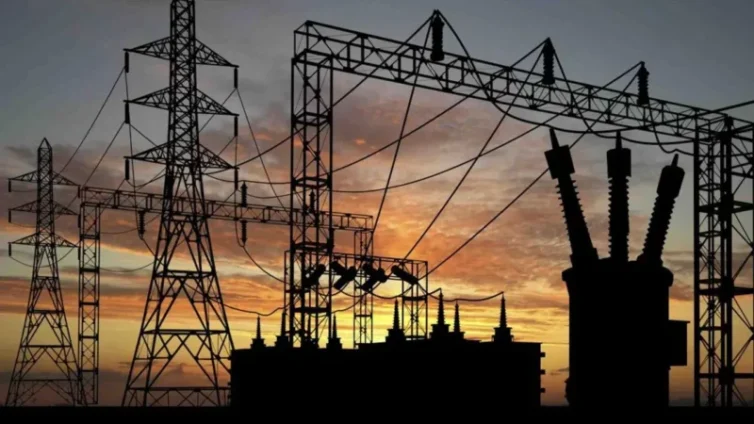An analysis of Ghana's power generation data from September 1, 2024, to October 27, 2024, by the Institute for Energy Security (IES) revealed significant and consistent shortfalls in meeting daily system peak demand.
This impacted domestic energy stability and electricity export potential to neighbouring countries, forcing power imports from Cote d’Ivoire to augment shortfalls in domestic power generation.
Across the dataset, daily power generation regularly falls below the system peak demand of roughly 3700 megawatts (MW), with generation averaging around 3000 MW and thus missing the target by approximately 700 MW daily.
IES said this persistent shortfall suggests underlying issues, potentially rooted in generation capacity limitations, resource constraints, or operational policies that prioritise certain efficiency thresholds.
Such shortfalls, it explained, meant that Ghana faces daily challenges in fulfilling its total energy requirements, which has led to practices such as load shedding or the prioritisation of essential services over broader access.
It continued that the dataset consistently showed that generation remained below demand without any instances of excess power generation.
“While rare, certain days (like October 7, 2024) do show generation levels approaching peak demand, indicating that Ghana’s power infrastructure may have the potential for marginal increases under specific conditions. However, these instances are sporadic and highlight the lack of significant flexibility in the current power generation framework. This pattern points to the country’s inability to convert a significant dependable capacity (close to 5,000 MW) to actual generation capacity due to forced plant shutdowns, fuel supply constraints, and debt issues et cetera, thus limiting the performance of existing infrastructures”, it stressed.
Magnitude and Frequency of Shortfalls
It said the frequency and magnitude of generation falling short of peak demand are striking, adding, the system fails to meet demand every day in the dataset, with shortfalls generally ranging from 700 to 1000 MW.
Such a recurring gap, it stated suggests structural challenges in Ghana’s electricity generation capacity. This continued discrepancy it mentioned impacts the country's ability to sustain reliable electricity exports, as limited domestic supply necessitates the re-allocation of resources meant for export to satisfy local demand.
Fluctuations in Power Generation
While Ghana’s power generation shows some day-to-day fluctuations, IES alluded that they remain within a relatively narrow band (2700 to 3200 MW).
“The narrow range of these fluctuations implies a stable, albeit limited, generation framework that lacks the flexibility to rapidly scale production up or down based on daily demand variations. This stability, while avoiding extreme volatility, indicates constraints in the system’s ability to dynamically respond to shifts in both peak demand and export opportunities, which hampers operational efficiency and responsiveness”, it said.
Latest Stories
-
How to spot and reverse screen addiction in children— Trust Hospital’s Lillian Annan shares proven tips at Startrite Schools graduation and awards ceremony
4 minutes -
Startrite Montessori & Christian College (Startrite Schools) marks 18th graduation and awards ceremony with a call against screen addiction
53 minutes -
No Ghanaians harmed in Togo unrest – Foreign Affairs Minister
1 hour -
Nii Adama Latse II loses case at SC; order to restore his name onto national register of chiefs quashed
1 hour -
Apology for South Korean woman convicted of biting man’s tongue as he attacked her
1 hour -
How many movies should I star in to qualify as a celebrity? – Akuapem Poloo quizzes critics
1 hour -
Let Communities Build and Fix their Roads
2 hours -
Gyakye Quayson, Affo-Toffey, 2 others face vetting on Friday
2 hours -
Tano North MP raises alarm over worsening road conditions in his constituency
2 hours -
Police arrest 2 over violence at Ablekuma North rerun
2 hours -
Ghana to reclaim major mine by March 2025 as part of push for local ownership – Lands Minister
3 hours -
Asawase Zongo Chief calls for calm after assassination of Kusasi leader
3 hours -
BoG cuts interest rate on short-term bills by some significant margin to 13%
3 hours -
Tesah Capital expects policy rate to fall to 26-28%
3 hours -
Betway Ghana commissions solar stations to power off-grid Ballagonnor community
4 hours

